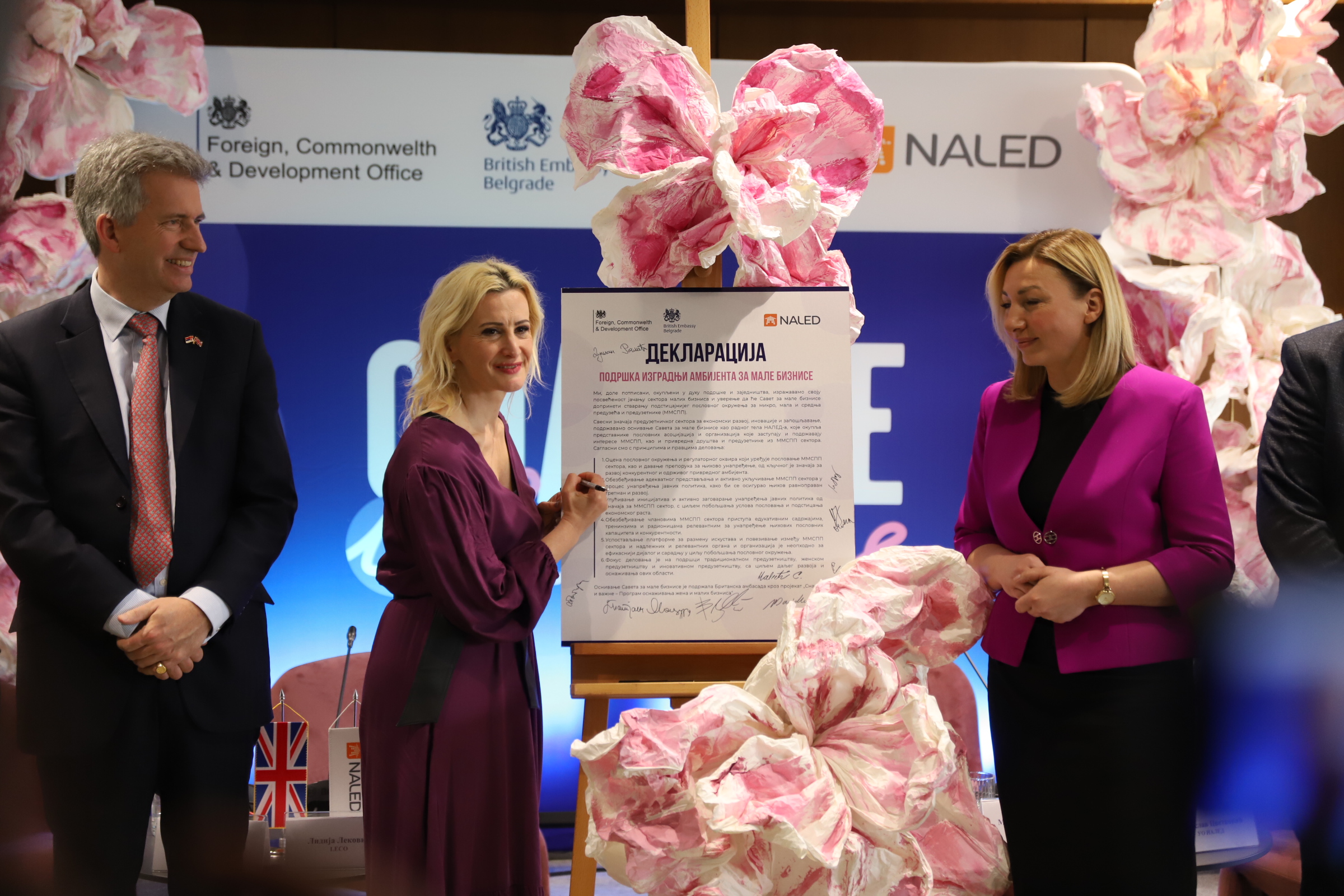Entrepreneurs want a simpler tax collection system
Currently, there are 137,668 companies operating in Serbia, and more than two and a half times as many entrepreneurs – 351,003, according to the data from the Business Registers Agency (SBRA). The number of entrepreneurs has been steadily growing year after year, which can be attributed to the increasing trend of self-employment. However, although entrepreneurship is becoming an increasingly popular business model, bureaucratic barriers and administrative costs continue to complicate their operations.
A major issue for entrepreneurs in Serbia is the outdated system for paying taxes and contributions, which requires four separate payments to four different accounts. This system not only creates an administrative burden but also generates additional costs due to banking fees.
Unlike employees in companies, where taxes and contributions are paid through a consolidated payment to a single account, lump-sum entrepreneurs and those keeping business books, but not paying themselves a salary, must make four separate payments every month – for personal income tax on self-employment income, contributions for pension and disability insurance, health insurance, and unemployment insurance.
When this is multiplied by the number of active entrepreneurs, it adds up to over nine million payments annually, explains Marija Suzić, Innovation and Entrepreneurship Advisor at NALED.
In addition to being impractical, frequent errors in payments further complicate business operations.
- If an entrepreneur accidentally transfers funds to the wrong account, they must submit a request for reallocation. The Tax Administration processes tens of thousands of such requests annually, burdening both entrepreneurs and the administration. NALED’s analysis shows that one in four lump-sum entrepreneurs and entrepreneurs without a personal salary submit a reallocation request, while only one in a hundred among those who have the option for consolidated payments does so, Suzić points out.
Another significant challenge entrepreneurs face is the registration of their work history. Even when they regularly pay taxes and contributions, the Pension and Disability Insurance Fund does not automatically register their service period – only after they cease their business activity. Many entrepreneurs are unaware that they must submit a request for this registration, which may lead to issues when claiming retirement benefits.
To address these problems, NALED has been advocating for the introduction of a unified payment system for all entrepreneurs for several years, and this is one of the ten priority recommendations of the Grey Book under the jurisdiction of the Ministry of Finance (Recommendation 1.3).
Based on the model already functioning for those who pay themselves a salary, instead of four separate transactions, entrepreneurs would pay funds into one account, from which they would be automatically distributed to the appropriate budget categories.
- Implementing this reform would not require major changes – it would be sufficient to amend the Rulebook on the Conditions and Methods of Managing Public Revenue Accounts and establish a protocol between the Tax Administration and the Treasury Administration to ensure proper fund allocation. This would eliminate excessive administration and generate savings across the entire system, emphasizes Suzić.
The proposed changes would reduce the number of transactions by as much as 6.9 million annually and eliminate the need for reallocations, easing the burden on both entrepreneurs and the Tax Administration. Additionally, by integrating the information systems of the Tax Administration and the Pension Fund, contributions would be automatically recorded, preventing service period registration issues.
More about the challenges faced by lump-sum entrepreneurs and freelancers, as well as possible solutions, can be heard in the ninth episode of the NALED podcast.


